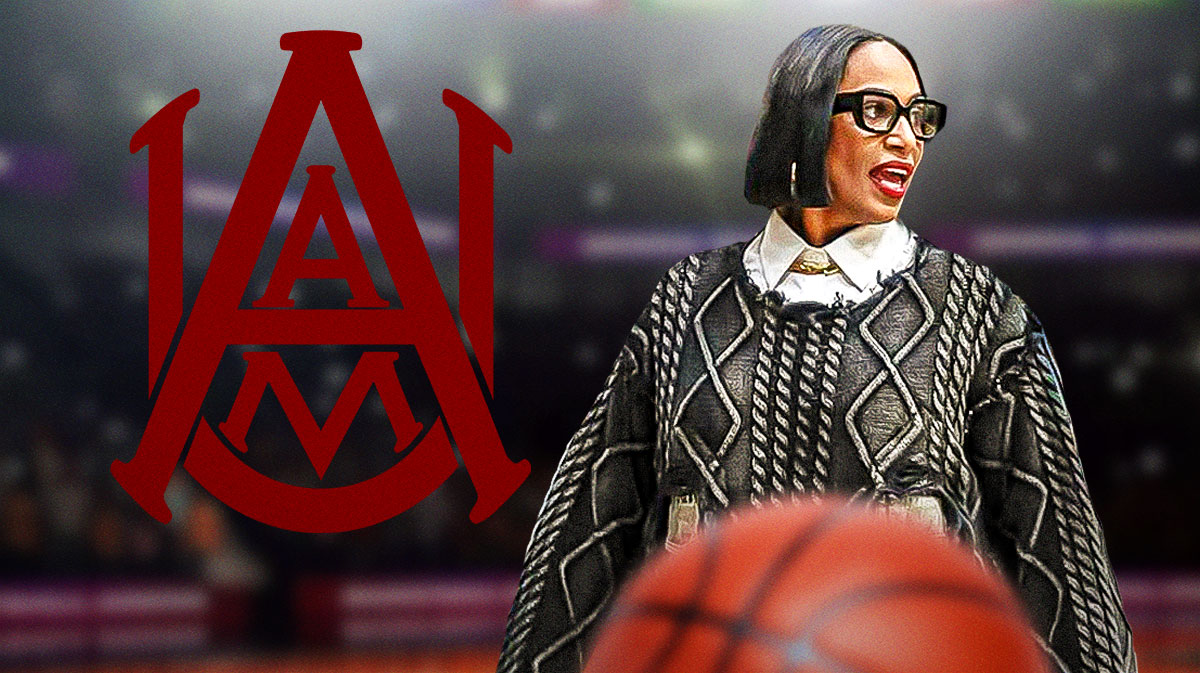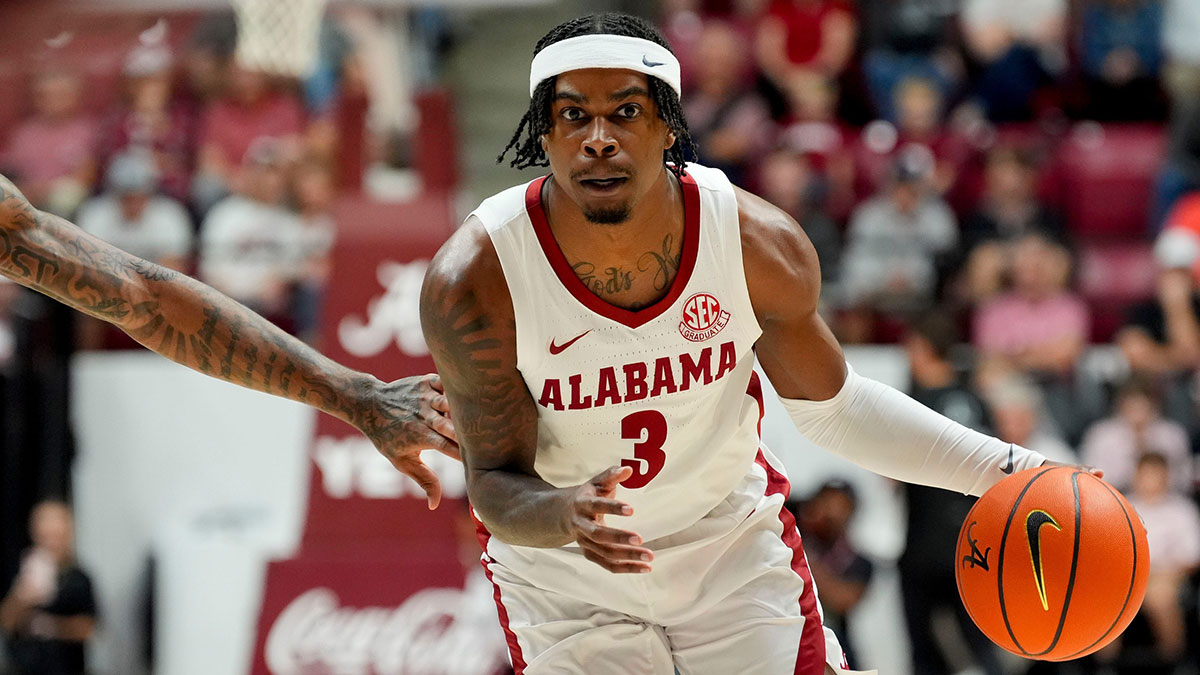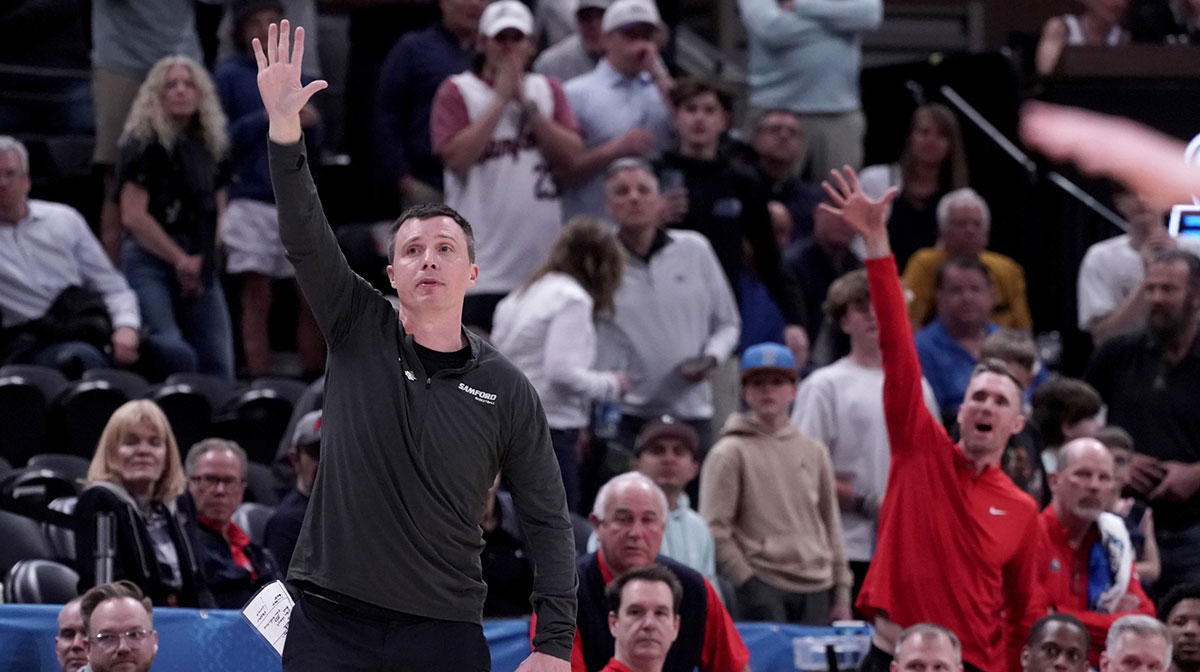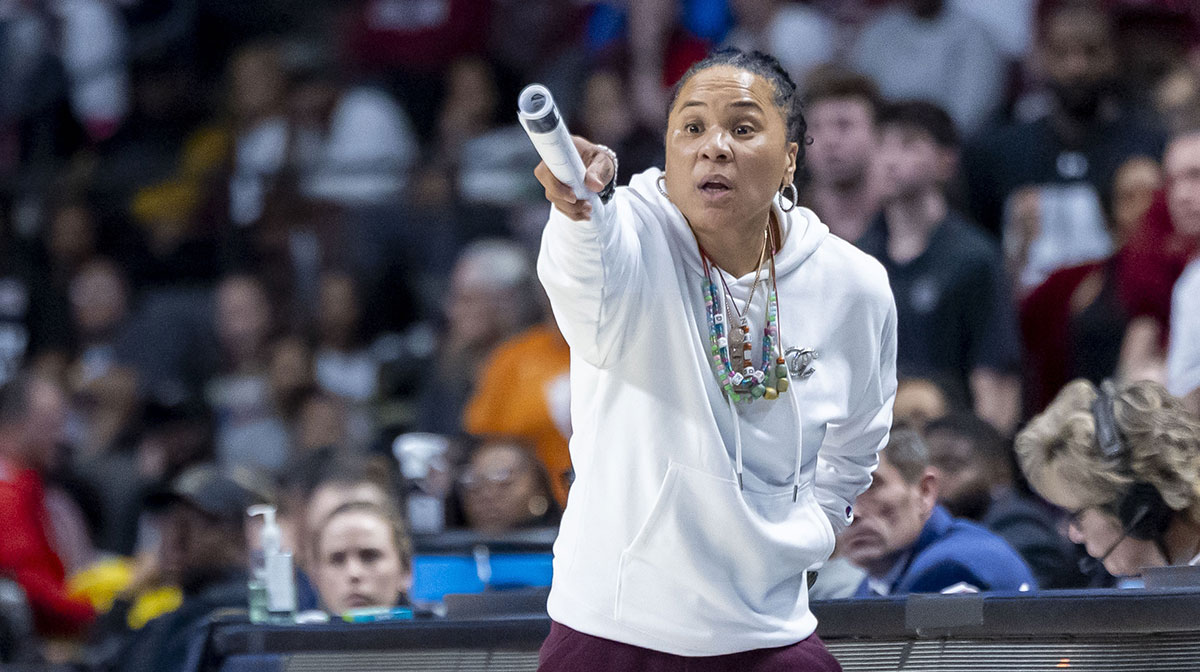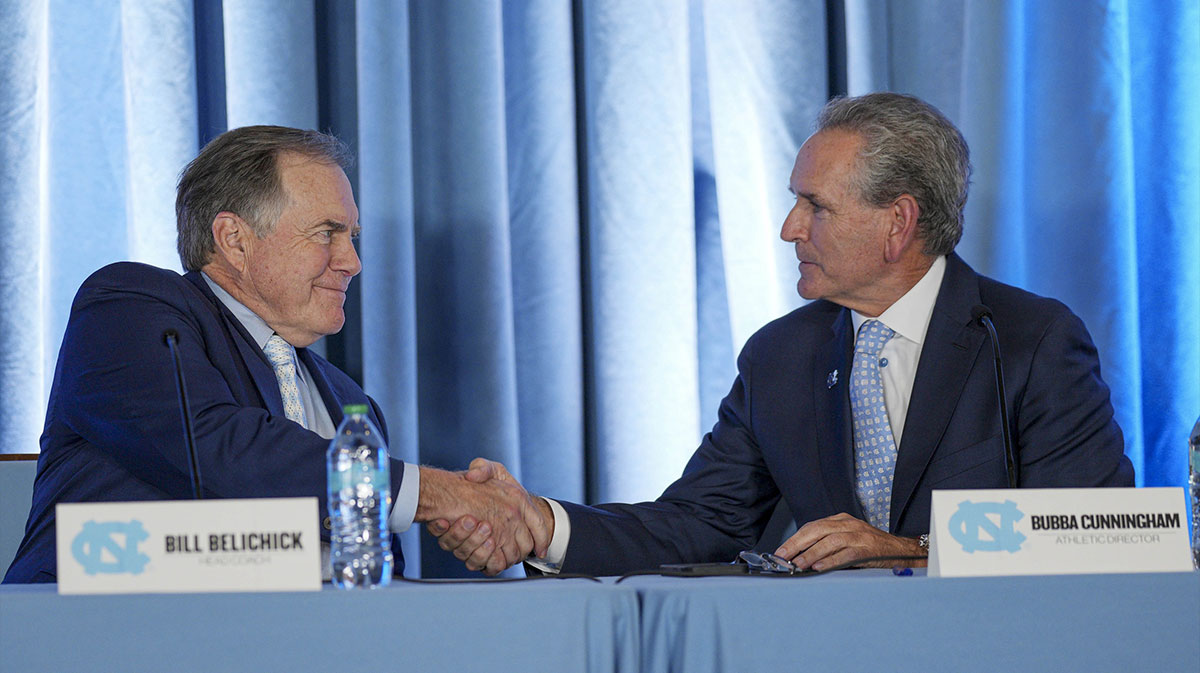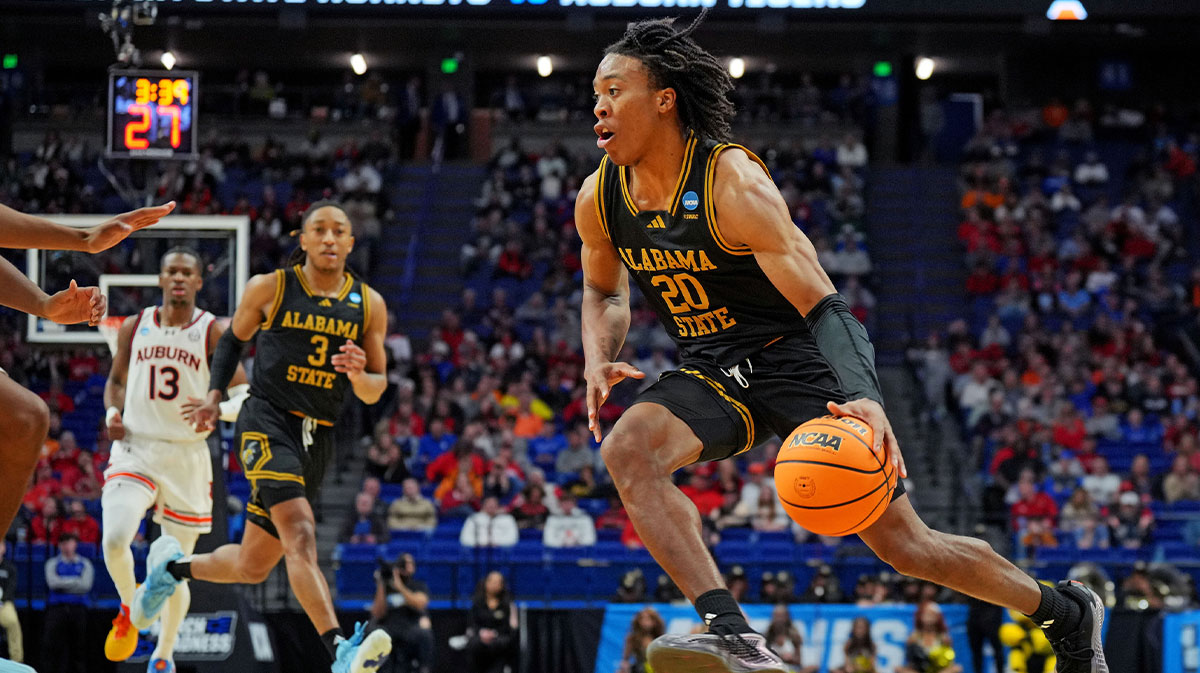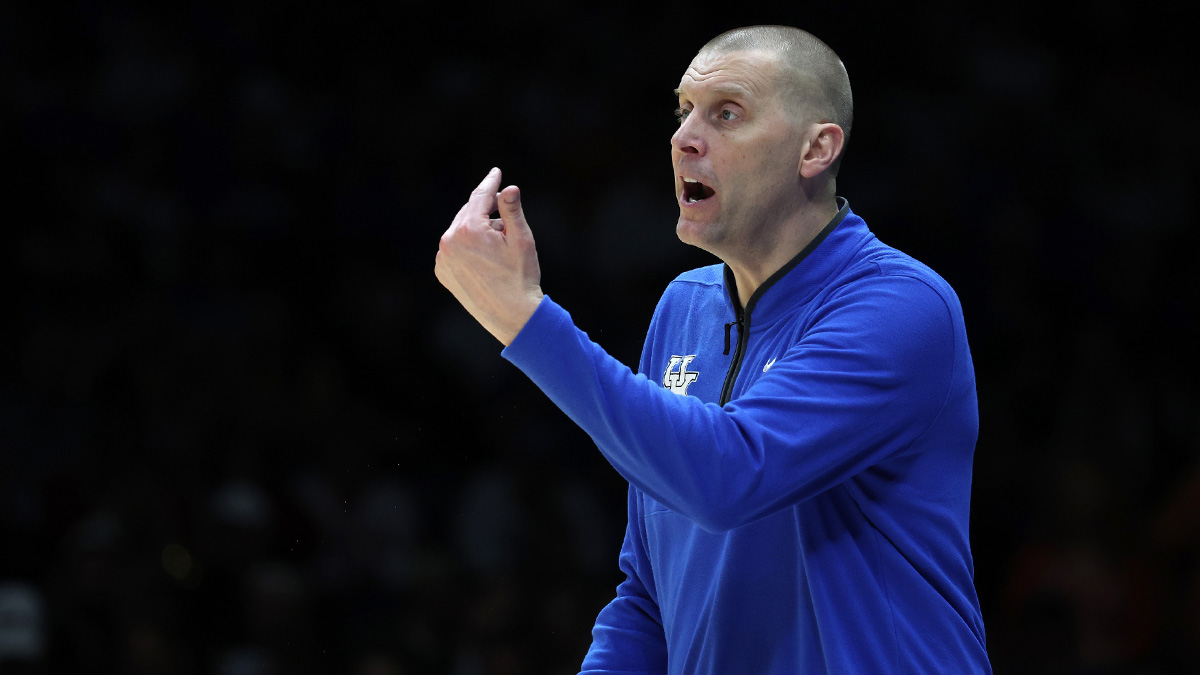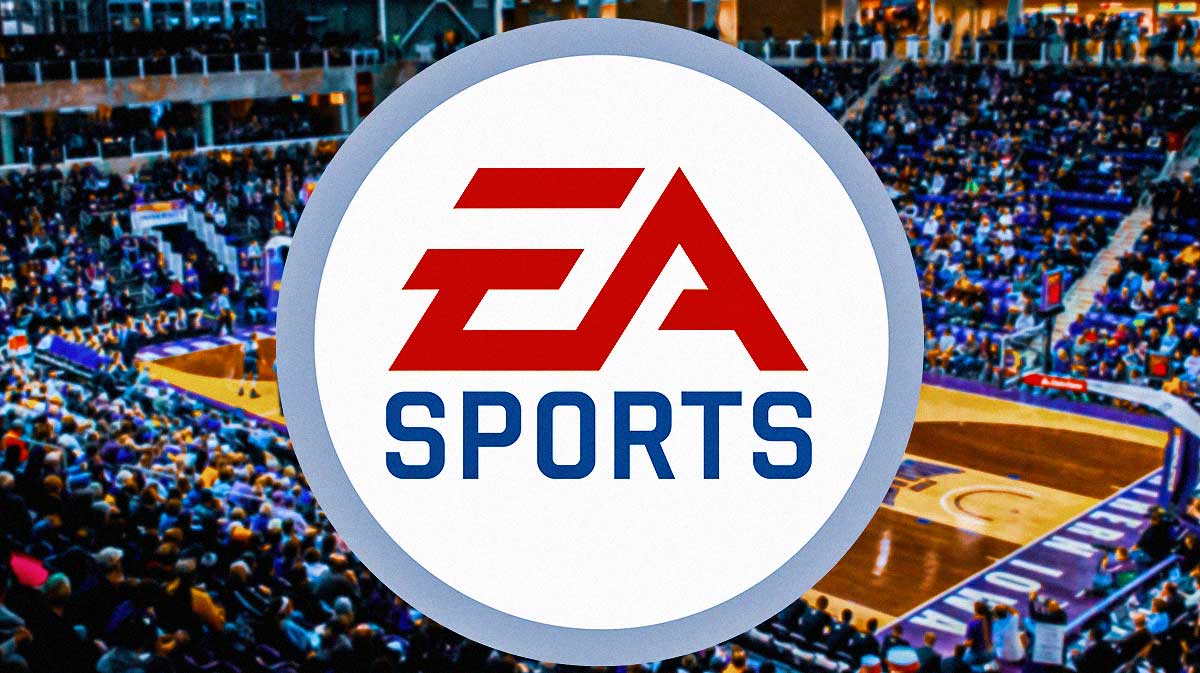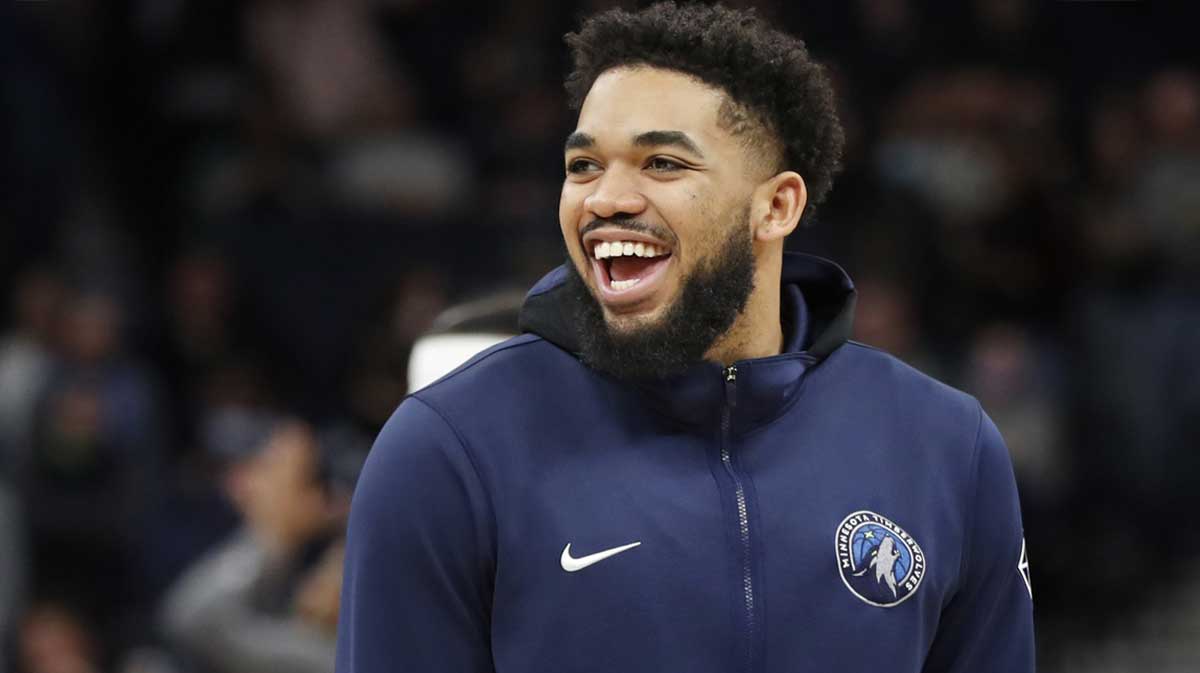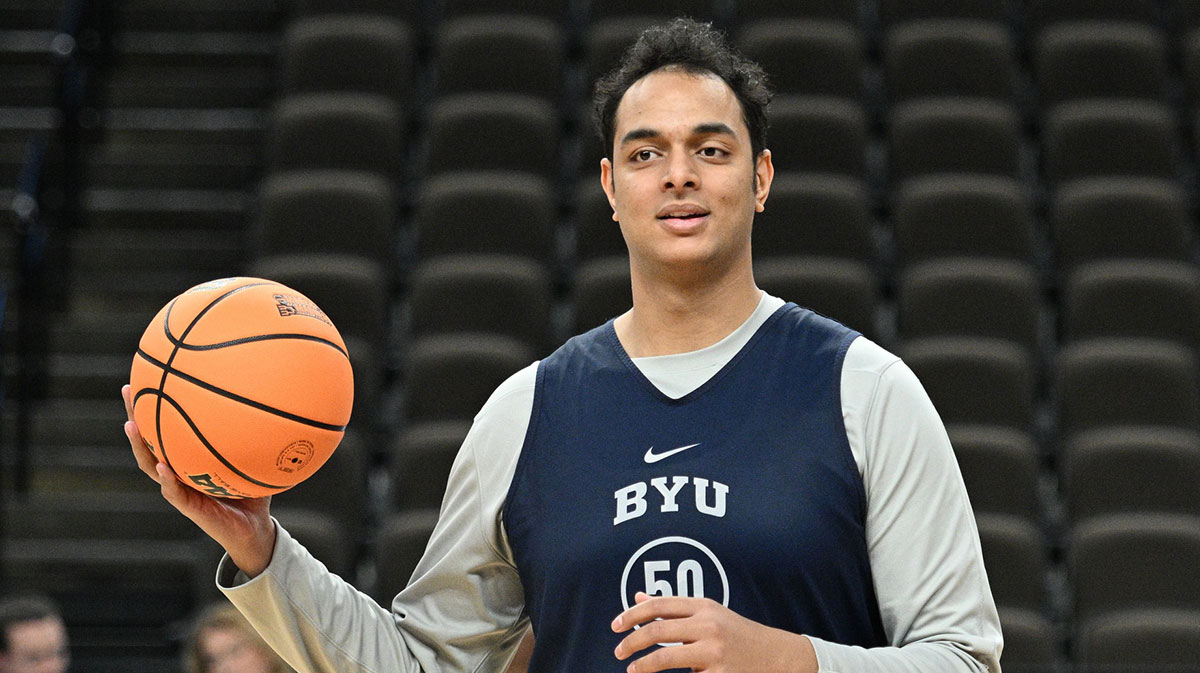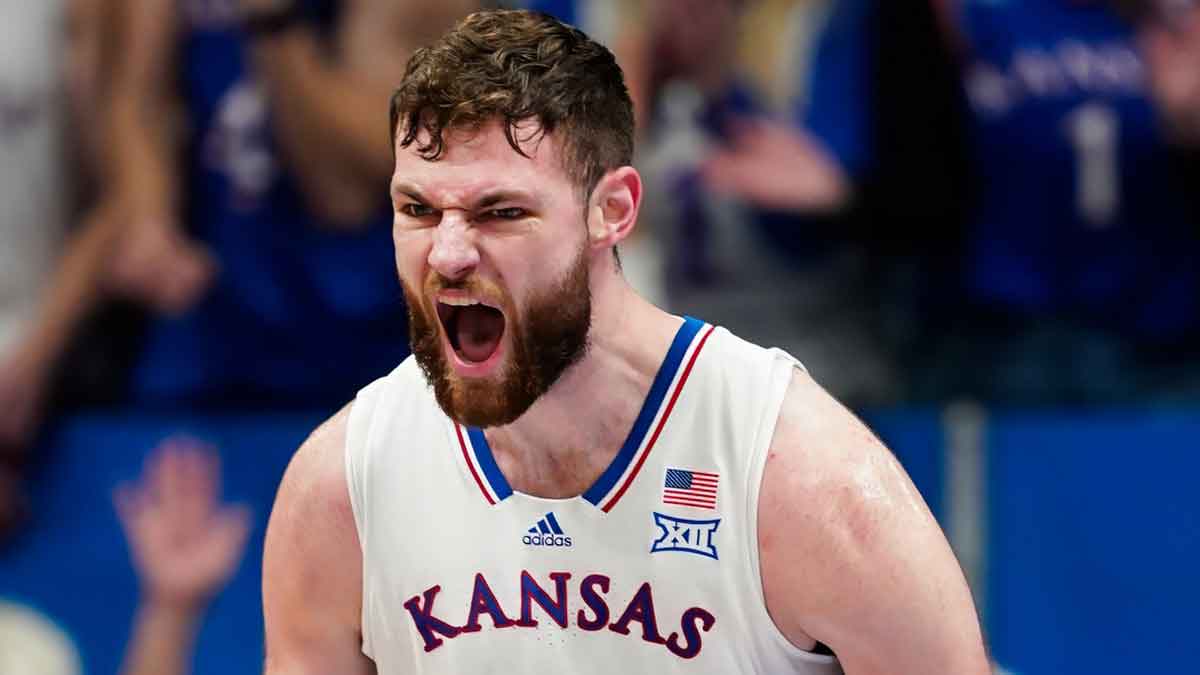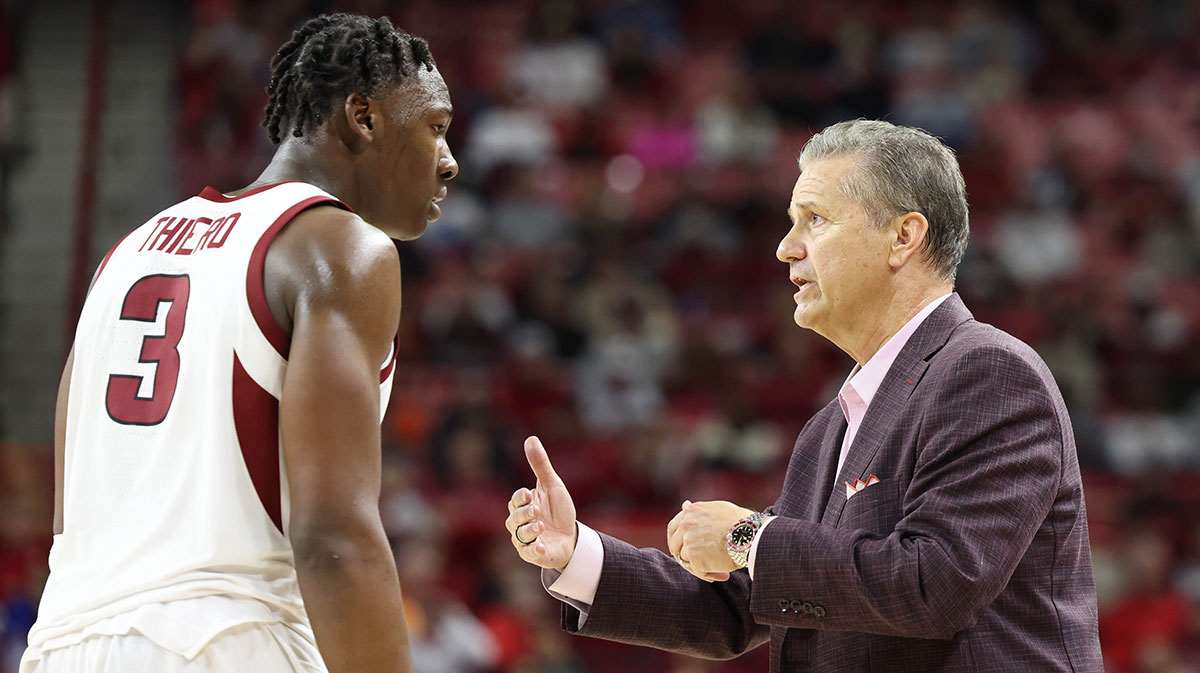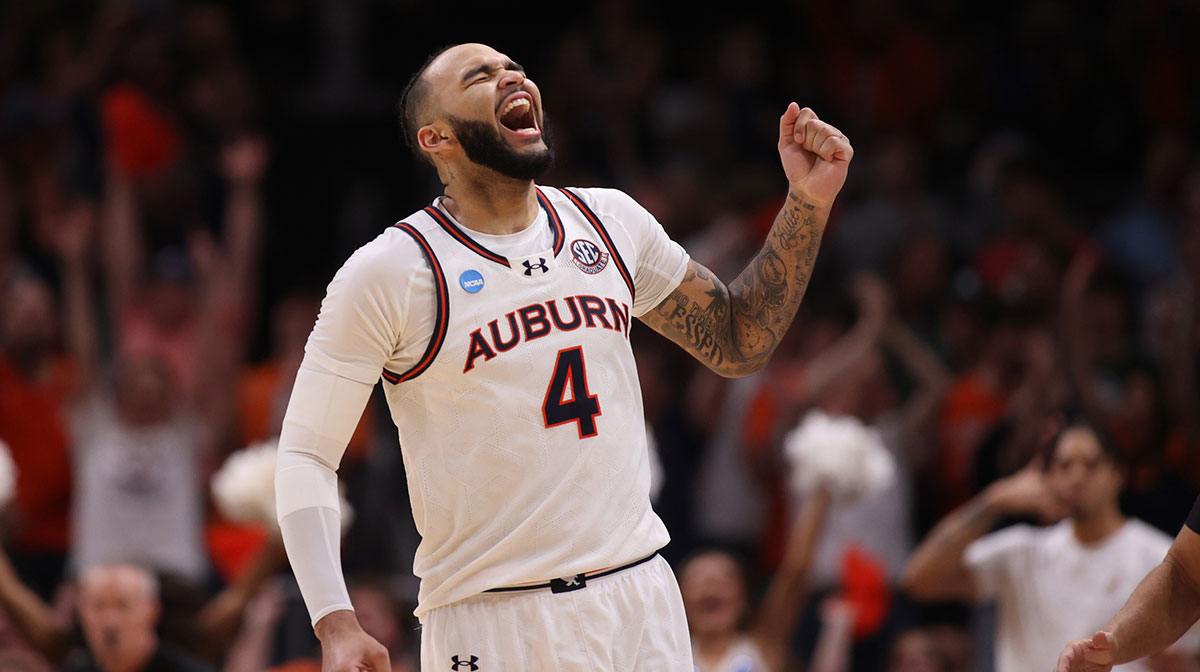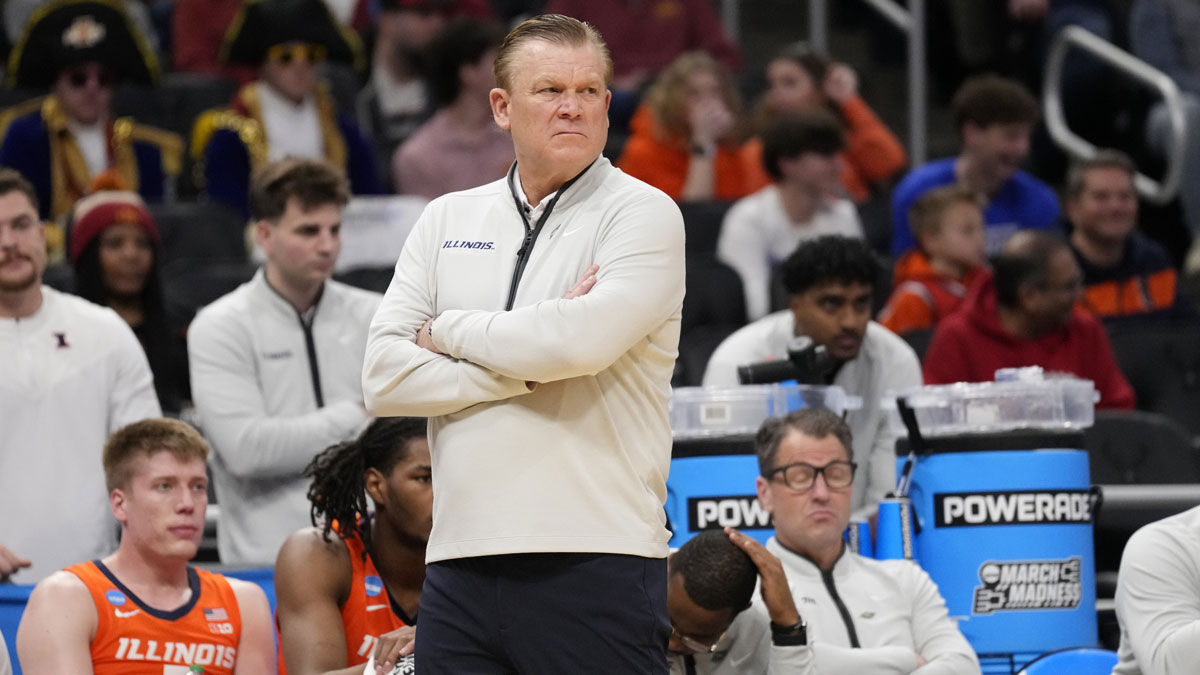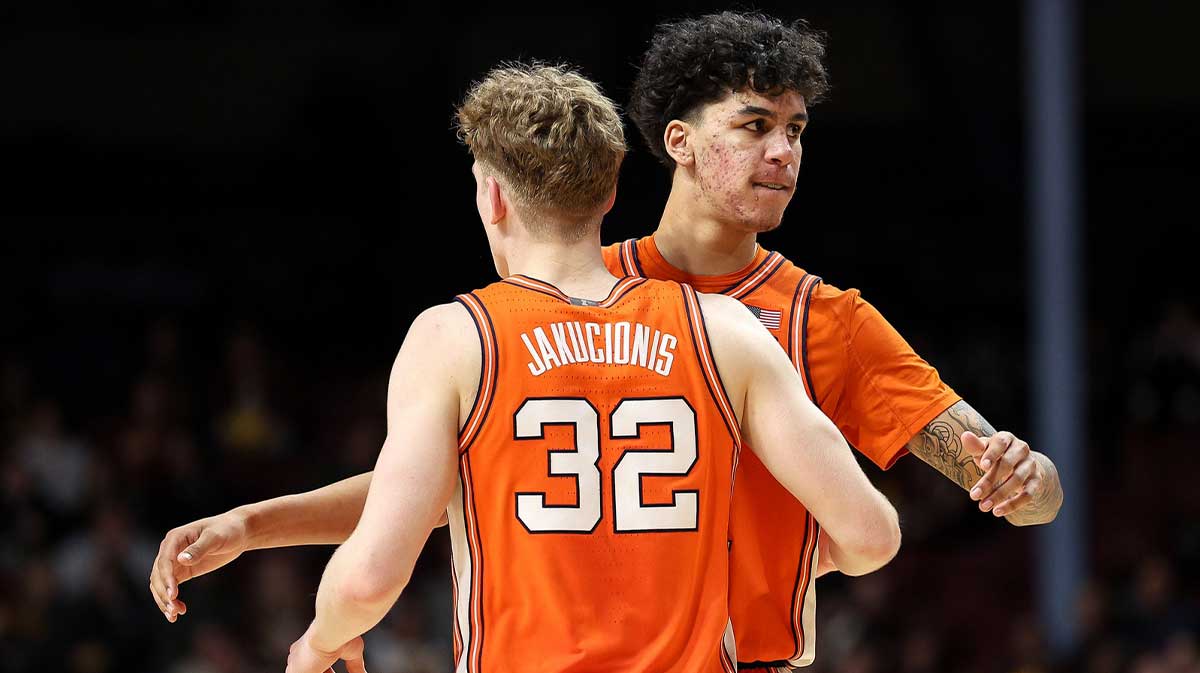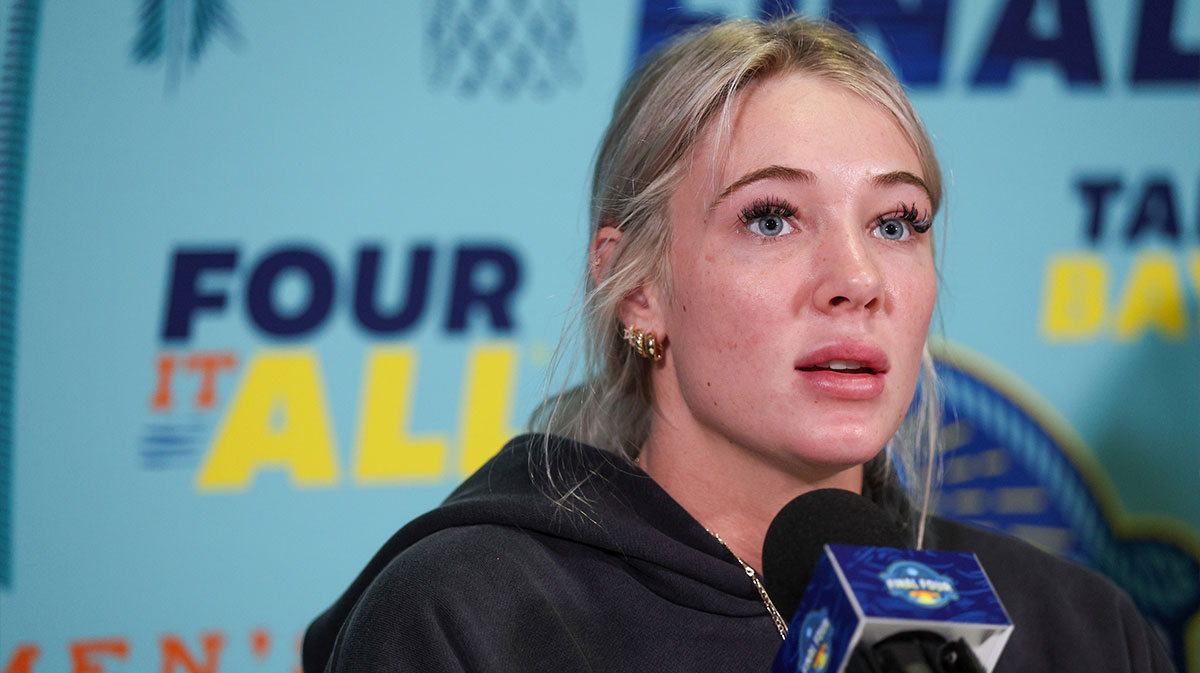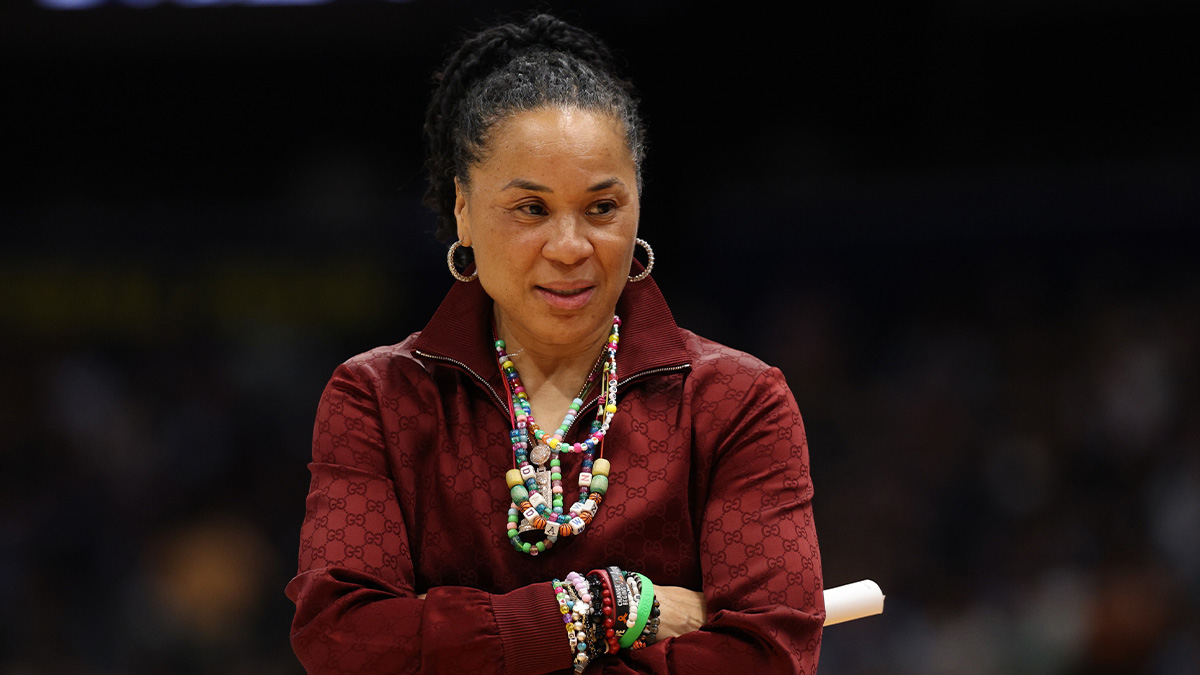The No. 2 recruit a year ago and now UCLA Bruin Kiki Rice landed a historic deal with the Jordan Brand to make her their first NIL athlete. As other top players in women's basketball land deals with bigger companies, she is going to have her own shoe and the opportunity to cultivate a brand of her own. The Jordan Brand expressed its excitement for landing one of the top prospects in the country.
“Kiki is a signing for us that we’re extremely excited about, and it’s more than just who she is as a player,” Jordan told to ESPN. “We’re interested in athletes like her because what really makes her stand out is her commitment to team, community, and people.”
Rice's deal is a continuation of the success women's college basketball players are having in the NIL realm. They made up just over 12% of the NIL money that college athletes made last season, the third-highest mark for any sport for men and women. Brands are starting to realize that investing in women's basketball is not a charity–it is a strong business decision.
If you don't trust the anecdotal evidence, take a look at the data from last year's March Madness.
This is the first March Madness of the NIL era, meaning athletes can monetize their fame during one of the biggest sporting events of the year.
Here are the Sweet 16 athletes with the highest earning potential on social media, which has been by far the most lucrative channel: pic.twitter.com/w3ZPiuUau0
— Kendall Baker (@kendallbaker) March 24, 2022
UConn's Paige Bueckers made more money per social media post than the top-three men's basketball players in March Madness last season. There is a rabid women's basketball following that companies are just now realizing they can make money off of. Anyone following along to the new NIL landscape should be checking out how much women's college basketball players are generating off their own likeness.
As the sports world grows more accustomed to this, there are bigger conversations that need to occur about who exactly is landing these deals. From the high school level to the WNBA, CIS white women have been given the spotlight when promoted by their respective teams and leagues. There are serious conversations happening between fans and media alike about how Aliyah Boston hasn't been given the same shine as other top players like Bueckers, Iowa's Caitlin Clark and Stanford's Cameron Brink. Rice's deal is one step forward but companies need to start thinking about who their target audience is.
Then there's the other question that remains: as NIL money continues to soar in the women's basketball world, how is this going to impact the WNBA and beyond? WNBA veterans have jokingly (but not so jokingly) stated they wish they could have been in college when these deals were made legal. It's a hard pill to swallow when WNBA salaries are already too low to begin with. Playing overseas and being away from their families takes a toll after a long period of time (that is if their bodies hold up enough to be able to play 11 months out of the year). As collegiate players like Rice are able to land deals like the one she recently signed with Jordan, there is going to be more pressure on the WNBA to increase players' salaries from the bottom of the barrel to the top of it.
There's plenty to consider when going deeper into how these NIL deals are going to impact college and professional sports but Rice's deal should be considered a victory. This deal, among others, symbolizes an enormous step forward for women's basketball. This is only the beginning.

